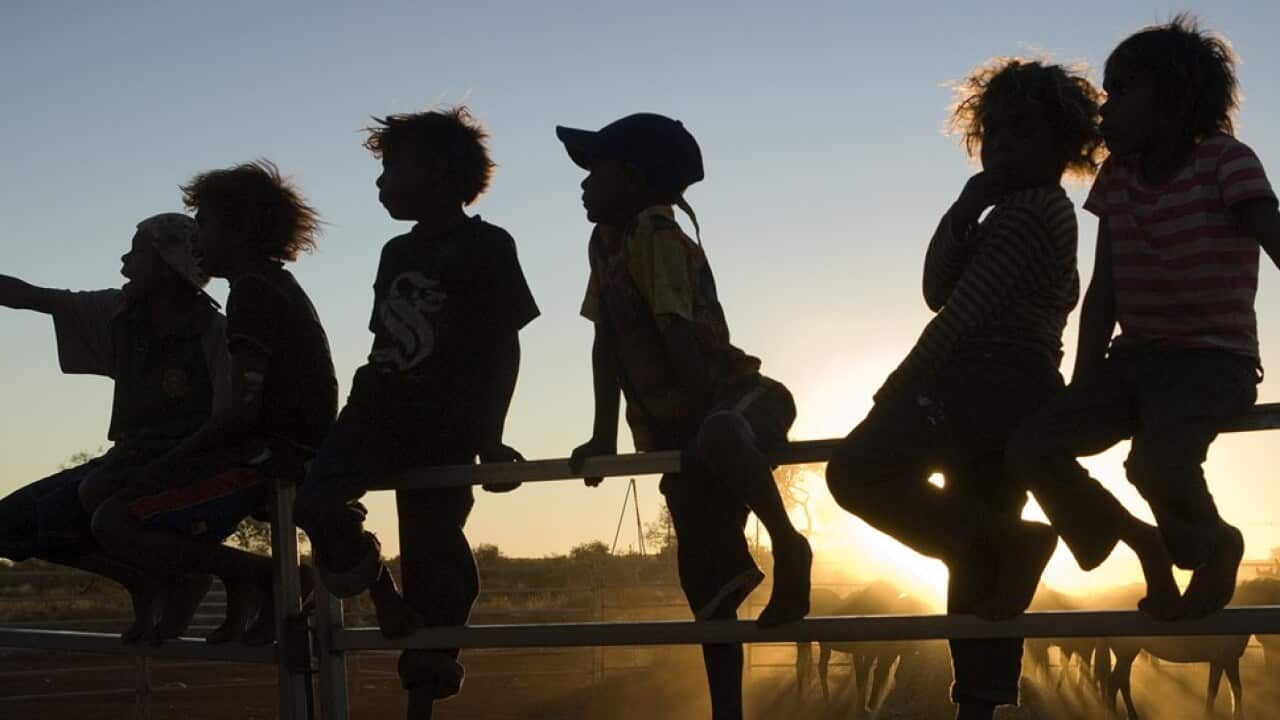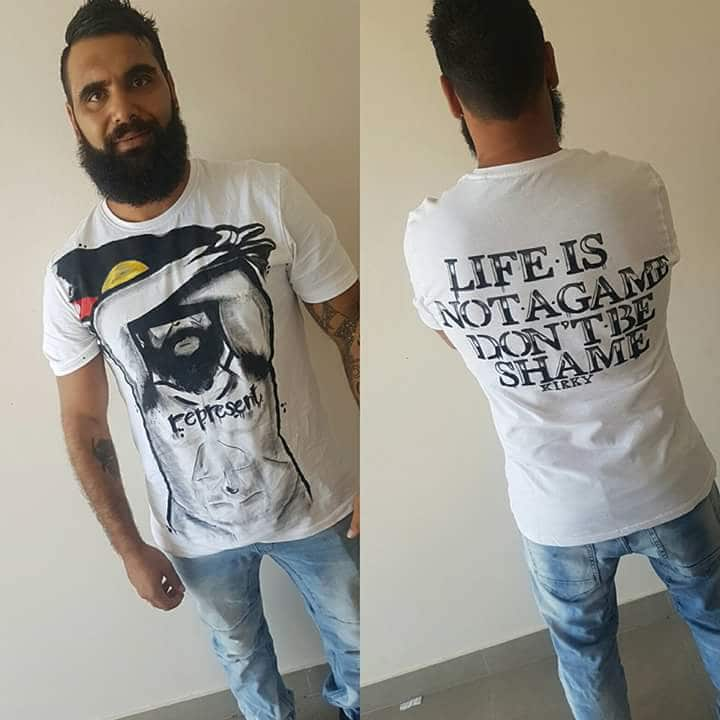The Indigenous-run Critical Response Service (CRS) is getting a $10 million funding boost to expand into the Northern Territory and South Australia this year, and across the country in 2018.
The expansion has been welcomed by Darwin-based Indigenous youth worker Josh Kirk, who lost three cousins to suicide last year.
Kirk told NITV News: “We have some of the highest rates of suicide in the world. We can’t hide from it anymore and we certainly can’t say it’s not happening”
“It’s now or never to make a stand.”
Federal Indigenous Affairs Minister, Nigel Scullion, announced the program expansion in the remote Northern Territory community of Groote Eylandt this week.
"Every suicide is a tragedy and the effects on tight-knit Aboriginal and Torres Strait Islander communities are often more profound - contributing to the clusters of suicide and self-harm that we see," Minister Scullion said while visiting Groote Eylandt.
"For suicide rates to fall it is essential Aboriginal and Torres Strait Islander people can access responsive and culturally-appropriate care."
RELATED ARTICLE

Less talk, more action needed on Indigenous suicide
The CRS is an Indigenous-run initiative led by Adele Cox, a Bunuba and Gija woman from the Kimberley region of WA and a national leader in mental health and suicide prevention.
Members of the CRS team make contact with Indigenous families affected by a suicide or a traumatic event and co-ordinate existing support services to best meet the needs of the family.
Mr Scullion says there's currently a myriad of uncoordinated agencies and not-for-profit organisations that don't adequately support families in times of great distress.
"The effect is that people fall between the cracks," Minister Scullion said.
But Josh Kirk says there’s a lack of on-the-ground community services that can be accessed in times of need.
“There’s no services in remote communities up here in the Northern Territory, the mob have to source help from Darwin,” he says.
“And so many of the services don’t travel to communities enough, or if they do, they don’t stay for long enough.
“We need to get the right people and the right services on the ground in our communities, and not just for one day workshops.”
He added that current services aren’t always reaching the people who need them most.
“When I was young I was homeless for three months and I had no idea what services were out there because I didn’t have access to internet or a phone, and I didn’t have the confidence to ask anyone,” he said.
“It’s the same with these young at-risk kids.
“The people we turn to are our Elders, so they need to be key in all of this.”
Mr Kirk hopes this funding will bring different organisations together so communities can enjoy better service delivery.
“There’s always been money there but it hasn’t always been used properly,” he said.
“What we don’t need now is different services putting their hand up and fighting for the work, we all need to pull together and put our kids and our communities first.”

Suicide prevention: 'Must be tackled with Aboriginal led initiatives'
Suicide rates among First Nations people are twice the national rate, and five times the national rate for young people.
Josh Kirk lost three cousins in the space of just 10 days last year, all at the hands of suicide.
He’s now designed t-shirts to break down the “shame” associated with the subject. “I tell people my story so they can connect with it, and now I wear it proud on my t-shirt,” he said.
“I tell people my story so they can connect with it, and now I wear it proud on my t-shirt,” he said.

Indigenous youth worker Josh Kirk wearing t-shirts to break down the 'shame' associated with suicide. Source: NITV News
“I ask people ‘what’s your deepest, darkest secret about suicide?’ And then I tell them to wear it proud.”
It’s hoped the Critical Response Service will contribute to broader suicide-prevention activities.

